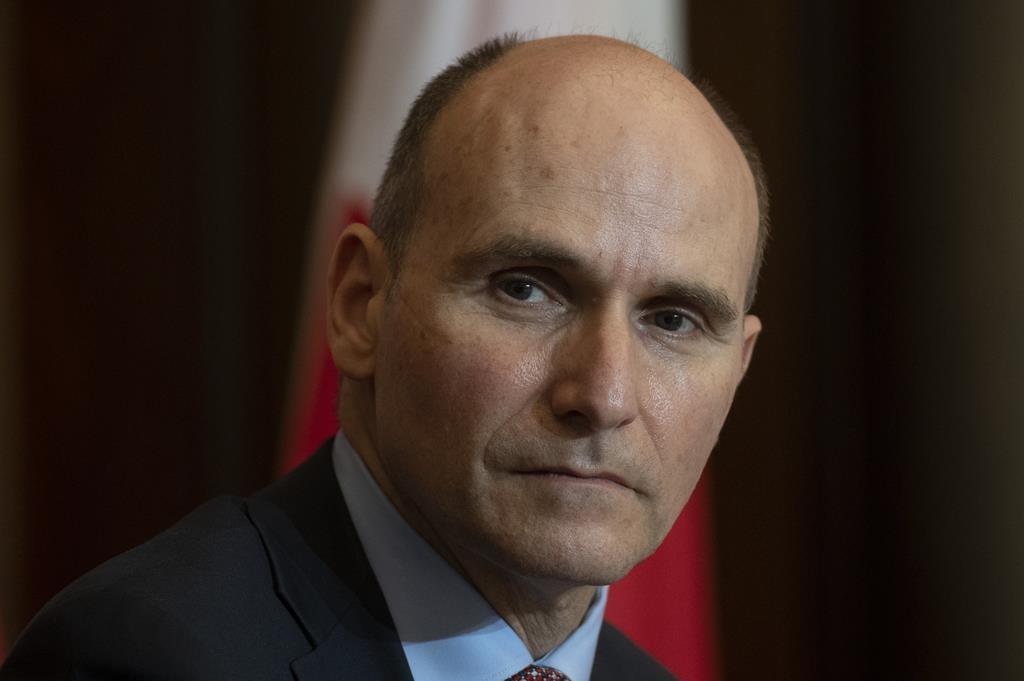Health Minister Jean-Yves Duclos says it’s too “complicated” to set a benchmark of specific metrics towards ending the federal vaccine mandates.
On March 21, opposition members of the House of Commons health committee hammered the minister with questions about a timeline, a benchmark, or a set of conditions that would lead to the end of COVID-19 vaccine requirements.





